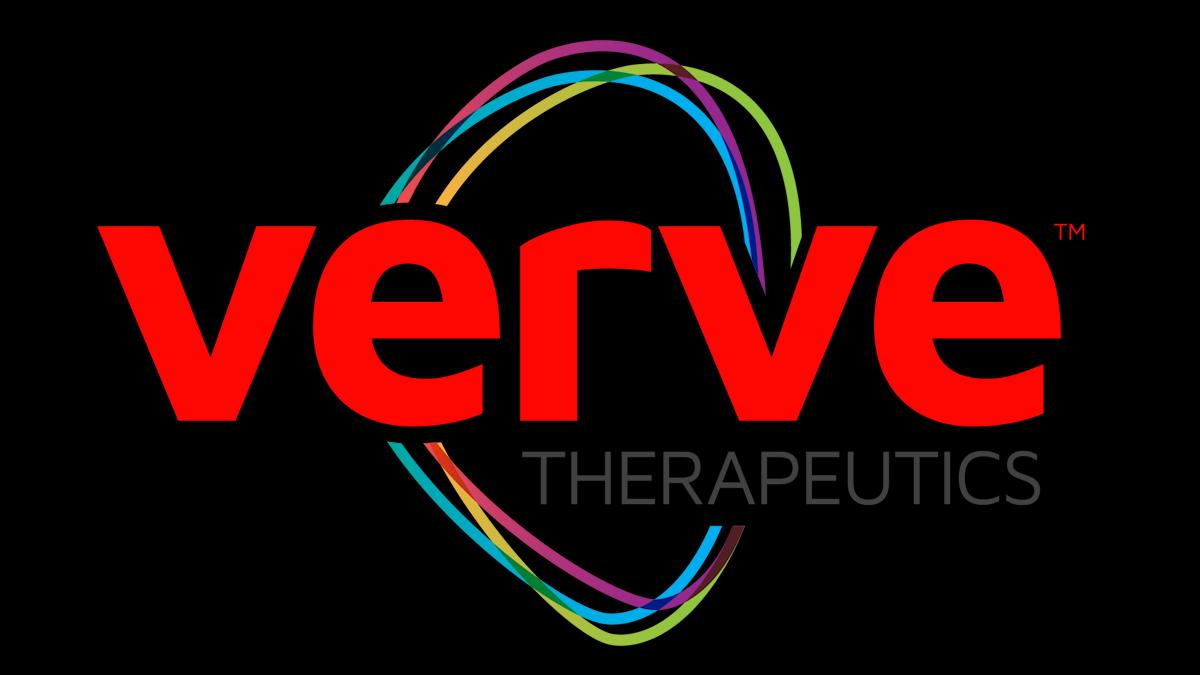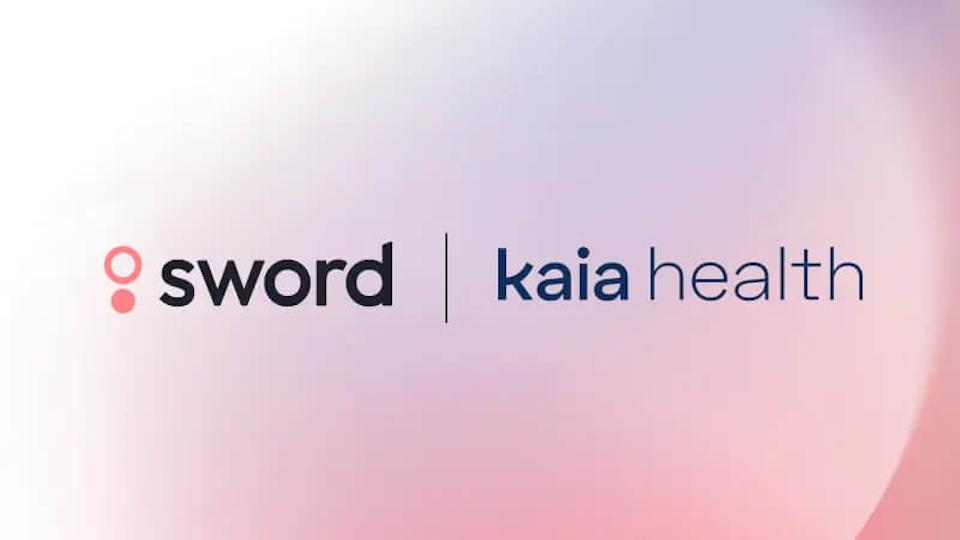Update: Rumour confirmed as Lilly buys Verve Therapeutics

Eli Lilly has confirmed plans for a $1.3 billion takeover bid for Verve Therapeutics, upgrading a collaboration between the two companies that dates back to 2023.
The announcement of the deal comes ahead of a scheduled decision by Lilly on whether to opt into a PCSK9 inhibitor candidate for cardiovascular diseases that was at the heart of the earlier alliance.
Lilly acquired the rights to the candidate – and two others against cholesterol targets PCSK9 and ANGPTL3 – from Beam Therapeutics two years ago for up to $600 million. Now, it has revealed it plans to make a $10.50 per share, upfront payment of around $1 billion to take control of Verve outright, with another $3 per share in a contingent value right (CVR) that could swell the value of the transaction by another $300 million.
That represents an almost 100% premium on Verve's valuation of around $560 million before rumours of negotiations between the two companies, first revealed by the Financial Times this morning, emerged. The speculation drove an 80% spike in the biotech's Nasdaq-listed shares to more than $11.
Lilly also has an earlier alliance with Verve for an in vivo gene-editing programme targeting lp(a), a risk factor for atherosclerotic disease that was also signed two years ago.
In April, Verve tweaked the development of the first PCSK9 inhibitor in its programme (VERVE-101) after a trial revealed issues with liver toxicity that the biotech attributed to the lipid nanoparticle (LNP) delivery system for the drug, an in vivo base-editing candidate developed using Beam's technology platform.
The company has since switched to a second LNP vector with a follow-up candidate (VERVE-102) that seems to offer improved safety and equivalent efficacy at lowering LDL cholesterol according to phase 1 testing in people living with heterozygous familial hypercholesterolemia (HeFH) and/or premature coronary artery disease (CAD). A phase 2 trial is due to start later this year.
In its statement, Lilly revealed that the $3 CVR will be payable on the first patient being dosed with VERVE-102 for atherosclerotic cardiovascular disease (ASCVD) in a US phase 3 trial, assuming that takes place within a specified timeframe.
"VERVE-102 has the potential to be the first in vivo gene editing therapy for broad patient populations and could shift the treatment paradigm for cardiovascular disease from chronic care to one-and-done treatment," said Ruth Gimeno, Lilly's head of diabetes and metabolic R&D.
"Lilly is eager to welcome our Verve colleagues to Lilly and continue the development of these promising potential new medicines aimed at improving outcomes for patients with cardiovascular disease and addressing the significant unmet medical need in this space," she added.
Meanwhile, Verve is running a phase 1b trial of VERVE-201, a base editing medicine targeting ANGPTL3, in refractory hypercholesterolaemia and homozygous familial hypercholesterolaemia (HoFH). The Lp(a) candidate – VERVE-301 – remains in preclinical development.
The takeover is the latest in a flurry of M&A activity in the biopharma sector, with transactions recently announced between Supernus/Sage, Sanofi/Blueprint, BioNTech/CureVac, Novartis/Regulus, and Merck/SpringWorks.
If completed, it will be Lilly's third major acquisition in 2025, coming after it agreed to buy cancer drug developer Scorpion Therapeutics for up to $2.5 billion in January and pain specialist SiteOne Therapeutics for up to $1 billion in May.
The company is sitting on a cash pile fuelled by the runaway success of its GLP-1 agonist-based diabetes and obesity and is on the hunt for pipeline and portfolio-expanding deals. Verve's focus also complements Lilly's own activities in cardiovascular, which include an Lp(a) candidate, lepodisiran, that just hit the mark in a phase 2 trial.
Lilly said it expects the Verve transaction to close in the third quarter of this year.












